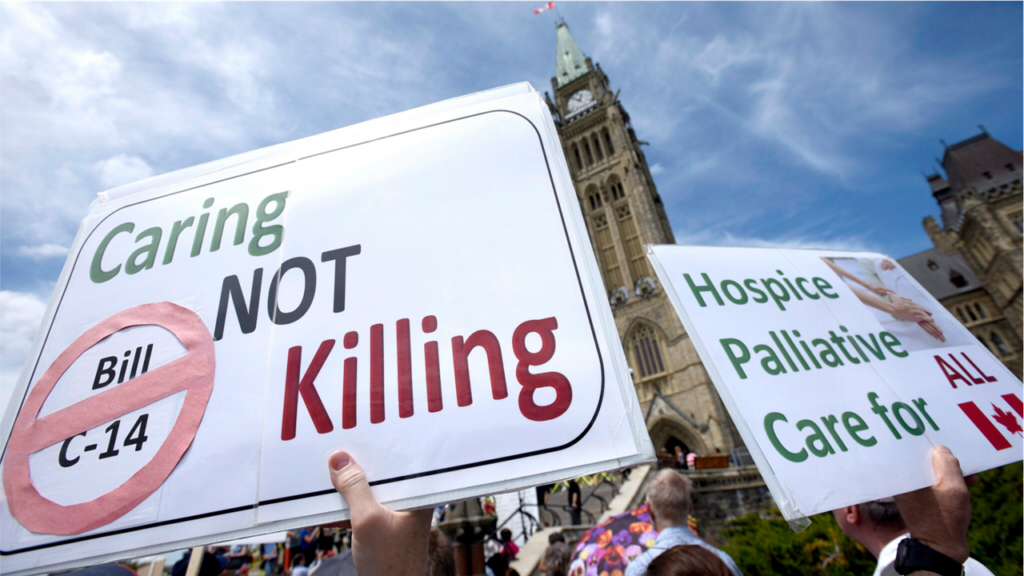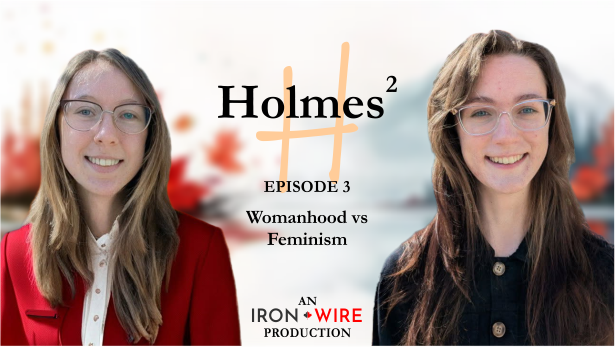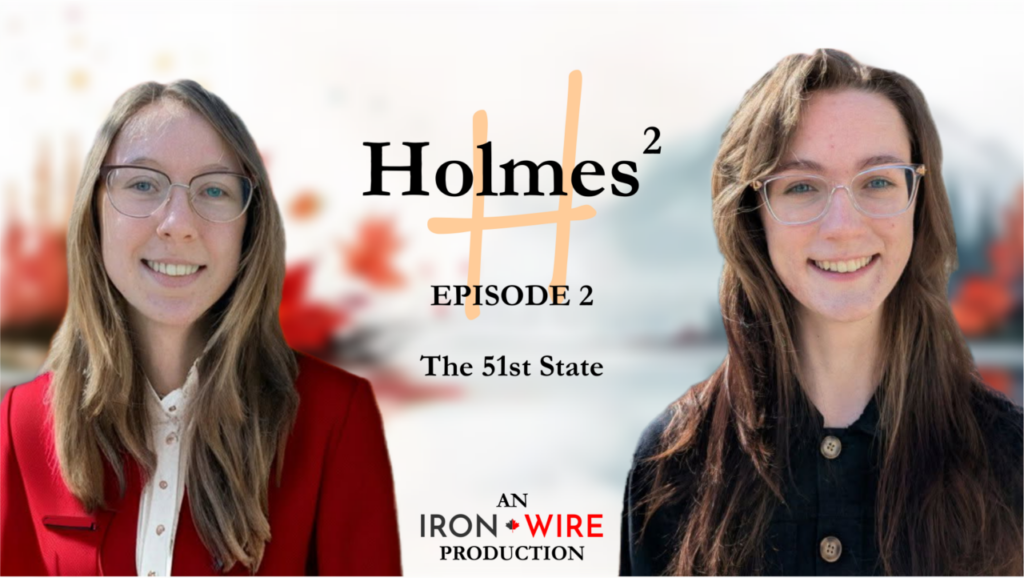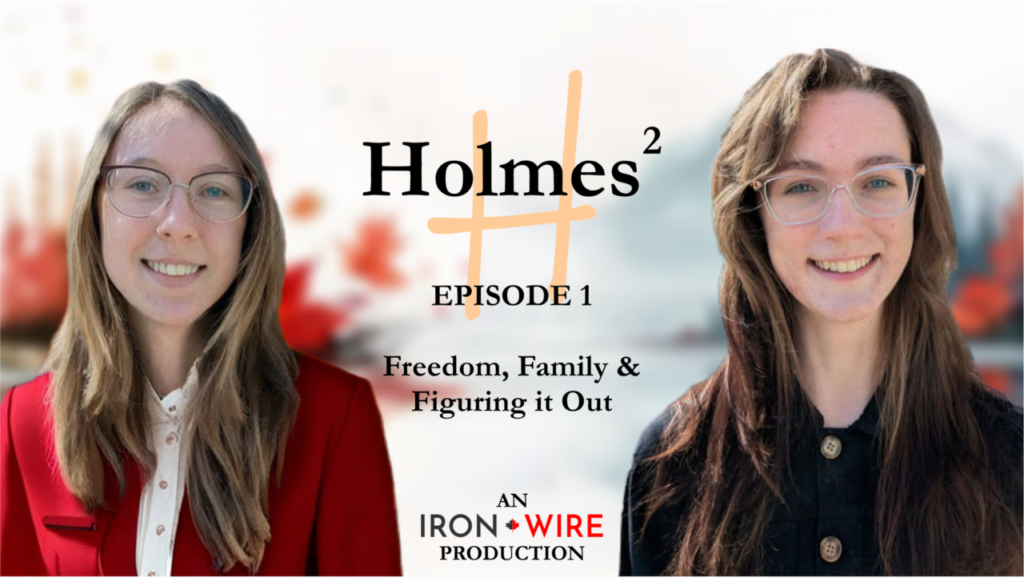Ethical Collapse in the Peer Review of a Leading Vaccine Journal
This article tells the story of one of the most disturbing breaches of scientific ethics we’ve encountered in our academic careers—buried in the peer-review process of one of the world’s leading vaccination journals, in the midst of a global health crisis.
Our story begins, as many things in science do, with a question. A provocative study published in Vaccine—a highly influential medical journal—asked: “Are intelligent people more likely to get vaccinated?” The study, conducted by Zur and colleagues (2023), examined soldiers in the Israeli Defense Forces (IDF) during the Covid-19 pandemic and concluded that “higher intelligence was the strongest predictor for vaccine adherence.”1
We read the study with growing unease. The conceptual leap was striking, the methodological choices questionable, and the ethical implications deeply troubling—especially given the context. These were not civilians making autonomous medical decisions in ordinary times. These were young conscripts operating within a rigid military hierarchy, subjected to intense social and institutional pressure to vaccinate during a historical moment when a strict Covid-19 vaccine passport policy was in force (i.e., the Israeli ‘green pass’).
We drafted a brief Letter to the Editor—just 500 words, in accordance with the journal’s submission guidelines. In this letter, we raised both scientific concerns and ethical red flags, questioning whether what the authors labeled “adherence” could truly be considered voluntary under the circumstances. We also argued that if the authors genuinely sought to measure medical adherence—rather than institutional compliance—they should have focused on the fourth dose of the vaccine.
By the time it was offered, the fourth dose was no longer mandated, though it remained recommended by medical professionals. Strikingly, according to the study’s own data, only about 0.5% of participants chose to take that dose—undermining the authors’ central claim. We concluded our letter with a broader ethical warning: that unfounded claims linking vaccine hesitancy to low intelligence risk evoking darker moments in history—times when marginalized groups were pathologized and ridiculed under the banner of “science.”
Confident that our critique was both scientifically sound and ethically necessary, we submitted the letter on October 22, 2023. It was concise, respectful, and carefully crafted to meet the journal’s formal requirements—including the strict word and reference limits. We believed we were entering a good-faith scientific exchange. We had no idea what was about to unfold.
Act I: Something Feels Off
What followed was a silence that grew increasingly unnerving. Days turned into weeks, and weeks into months, with no substantial response from the journal. Periodically, we received automated notifications that the “required reviews” had been completed—each time suggesting that a decision was imminent. Yet the anticipated response never came, leaving our submission in a state of perpetual limbo. Its status changed multiple times over six months, only to return repeatedly to “under review.” Something felt off.
Finally, in March 2024, we received a decision. The editor noted that “the referee(s) have raised a number of points” and that “if the paper can be substantially revised to take account of these comments,” he “would be happy to reconsider it for publication.”
What immediately stood out to us was the number of referees that were assigned to our short manuscript. Based on the way the comments were labeled, it appeared that five referees had reviewed our 500-word letter—an unusually high number for a brief communication of this kind. Yet only three sets of comments were included. Comments from Reviewers 1 and 2 were missing entirely. Reviewer 3 offered a highly positive assessment and Reviewers 4 and 5 were sharply critical. However, their reviews were completely identical, word for word, as if copy-pasted.
More troubling still, the identical reviews appeared to contain insider knowledge. In response to our concern about discrepancies in the study’s supplementary data, the reviewers wrote that they “understand [that] a corrected version has been submitted to the editor.” This was deeply puzzling. Before submitting our critique, we had reached out to Zur and colleagues—the authors of the study in question—to request clarification or correction regarding the flawed data presentation. However, they never sent us such a correction, nor was any update published on the journal’s website, to our knowledge. How, then, did these anonymous, supposedly independent reviewers know that a correction had been submitted?
At that point, we admit, our suspicion began to rise. Still, we assumed good faith and proceeded with the revision. Our revised letter was accompanied by an extensive, fully referenced response to the reviewers and editor. In fact, our response far exceeded the original submission in length. We addressed each critical point raised, corrected several mischaracterizations of our arguments (including cases where the reviewers had put words in our mouths), and reasserted our core concerns regarding the original study’s framing, methodology, and ethical implications.
We believed we were engaged in legitimate scientific discourse.
We had no idea how far that belief would be tested.
Act II: The Reviewers Behind the Curtain
Seven more months passed. The journal remained silent.
Then, on October 29, 2024, we finally received a formal decision letter from the Editor-in-Chief of Vaccine. “Dear Dr. Yaakov Ophir,” it began, “The above-referenced paper has now been assessed by subject-matter experts serving as peer reviewers for Vaccine. After careful review, I regret to inform you of the decision to decline your manuscript without offer of revision. The reviewers’ comments (and the editor’s, if indicated) are appended below.”
The reviewer comments that followed were brief and vague: “Reviewer 4: The minor adjustments made to the phrasing within the manuscript do not align with the comprehensive revisions necessary for publication. Consequently, I advise against the publication of this manuscript” (bold added).
No elaboration. No mention of the previously supportive reviews. No editorial summary. Just a quiet, opaque dismissal, seemingly based solely on the ‘objective’ advice of Reviewer 4.
We were deeply disturbed. We emailed the Editor-in-Chief, respectfully requesting the complete feedback from all five reviewers. He never responded. So we turned to the publisher—Elsevier’s Support Center—and a kind representative promptly provided us with the full review file. We truly hope she was not punished for doing so, because each new detail we discovered in that material was more concerning than the last.
What we received from Elsevier included, for the first time, the missing reviews from Reviewer 1 and Reviewer 2. Both were strongly supportive. One even stated that our critique was “so valid and so important” that it warranted re-evaluation of the original article’s publication status. The reviewer went as far as suggesting a retraction if the original authors could not adequately respond.
And then came the revelation. Buried within the review file were comments labeled “For the Editor Only.” In that section, Reviewers 4 and 5—the ones who had submitted the identical, negative reviews—openly identified themselves: “This review is co-authored by Meital Zur and Limor Friedensohn, as co-investigators of the aforementioned work.”
The authors of the original study—the very people we had critiqued—had been assigned to review our letter anonymously. They evaluated our critique of their own work and recommended its rejection. In their public comments, they even referred to themselves in the third person, as though they were neutral reviewers. At one point, they wrote that they “understand [that] a corrected version has been submitted to the editor”—as if they were not the ones who had submitted it themselves.
This could not have been a simple editorial oversight. Worse still, it had been hidden from us—revealed only after we demanded full transparency and received it through a secondary channel. This conduct was not merely questionable—it was a direct violation of Elsevier’s own ethical guidelines.2
According to Elsevier’s official factsheet on competing interests, “reviewers must also disclose any competing interests that could bias their opinions of the manuscript.”2 It further states that “competing interests can also exist as a result of personal relationships, academic competition, and intellectual passion”—precisely the kind of conflict that applied here.
Even more striking is the document’s guiding question for assessing integrity: “whether the relationship, when later revealed, would make a reasonable reader feel deceived or misled.” In our case, the answer is unequivocal. The authors of the original study were allowed to anonymously review and recommend rejection of a critique targeting their own work—without disclosure, without transparency, and in blatant contradiction to the standards they themselves were supposed to uphold.
Considering these blatant ethical violations, we contacted the Editor-in-Chief of Vaccine once again. We requested a formal response and asked that our letter be reconsidered for publication or, at the very least, that the conflict of interest be acknowledged. This time, we didn’t have to wait. On the very same day we informed the journal of the misconduct we had uncovered, we received a reply—not from the Editor-in-Chief, but from Vaccine’s Scientific Editor, Dr. Dior Beerens.
The email read: “The internal review and investigation by the Vaccine board of this manuscript and received letters also contributed to this final decision, in addition to the review process of external reviewers. Therefore, the decision on this letter is final.” No further explanation was offered. No accountability. No correction. And no transparency.
Act III: Breaking the Silence
Our story, we now realize, was never just about a single letter. It was about the integrity of the scientific process. In a time of growing public mistrust, we believe science must hold itself to the highest standards of transparency, fairness, and accountability. Peer review is meant to safeguard those standards—to ensure that critique is met with openness, and that scientific claims are tested, not protected.
What happened here violated all of that. The very authors whose work we had critiqued were granted anonymous authority over our submission. They used that authority to suppress our criticism—without ever disclosing who they were. The editor allowed it. The journal stood by it. And all of it was kept from us, until we forced the process open.
We chose to publish our story not to attack individuals, but to raise an alarm. If this can happen in one of the world’s leading medical journals—on a topic as consequential and contested as Covid-19 vaccination—it can happen anywhere.
We urge the scientific community, journal editors, and publishers to ask themselves: What kind of science do we want to stand for? One that hides behind silence—or one that invites scrutiny?
Our full, step-by-step account, along with our original submission to Vaccine, is available as a preprint here.3
The silence spoke volumes. We’ve decided to answer back.
References
1. Zur M, Shelef L, Glassberg E, Fink N, Matok I, Friedensohn L. Are intelligent people more likely to get vaccinated? The association between COVID-19 vaccine adherence and cognitive profiles. Vaccine. 2023;41(40):5848–5853. doi: 10.1016/j.vaccine.2023.08.019.
2. Elsevier. FACTSHEET: Competing Interests. https://assets.ctfassets.net/o78em1y1w4i4/5XCIR5PjsKLJMAh0ISkIzb/16f6a246e767446b75543d8d8671048c/Competing-Interests-factsheet-March-2019.pdf. Accessed April 9, 2025.
3. Ophir Y, Shir-Raz Y. Are Intelligent People More Likely to Get Vaccinated? A Critique of Zur et al. (2023) and the Conflicted Review Process that Suppressed It. https://osf.io/f394k_v1. Accessed Apr 9, 2025.
-

Dr. Yaakov Ophir is Head of the Mental Health Innovation and Ethics Lab at Ariel University and a member of the Steering Committee for the Centre for Human-Inspired Artificial Intelligence (CHIA) at the University of Cambridge. His research explores digital-age psychopathology, AI and VR screening and interventions, and critical psychiatry. His recent book, ADHD Is Not an Illness and Ritalin Is Not a Cure, challenges the dominant biomedical paradigm in psychiatry. As part of his broader commitment to responsible innovation and scientific integrity, Dr. Ophir critically assesses scientific studies related to mental health and medical practice, with particular attention to ethical concerns and the influence of industrial interests. He is also a licensed clinical psychologist specializing in child and family therapy.
-

Yaffa Shir-Raz, PhD, is a risk communication researcher and a teaching fellow at the University of Haifa and Reichman University. Her area of research focuses on health and risk communication, including Emerging Infectious Disease (EID) communication, such as the H1N1 and the COVID-19 outbreaks. She examines the practices used by the pharmaceutical industries and by health authorities and organizations to promote health issues and brand medical treatments, as well as censorship practices used by corporations and by health organizations to suppress dissenting voices in the scientific discourse. She is also a health journalist, and the editor of the Israeli Real-Time Magazine and a member of the PECC general assembly.














